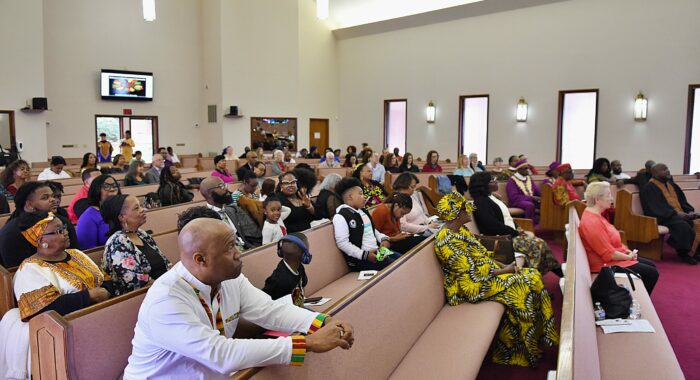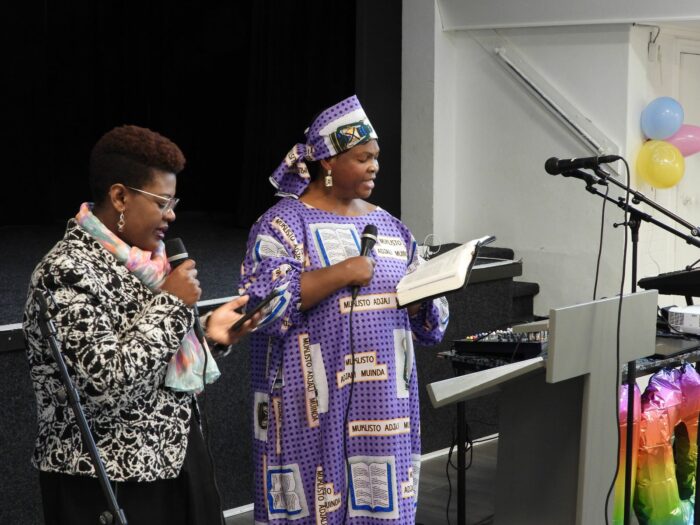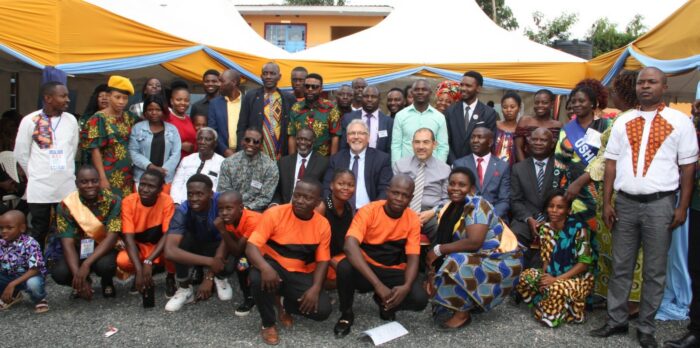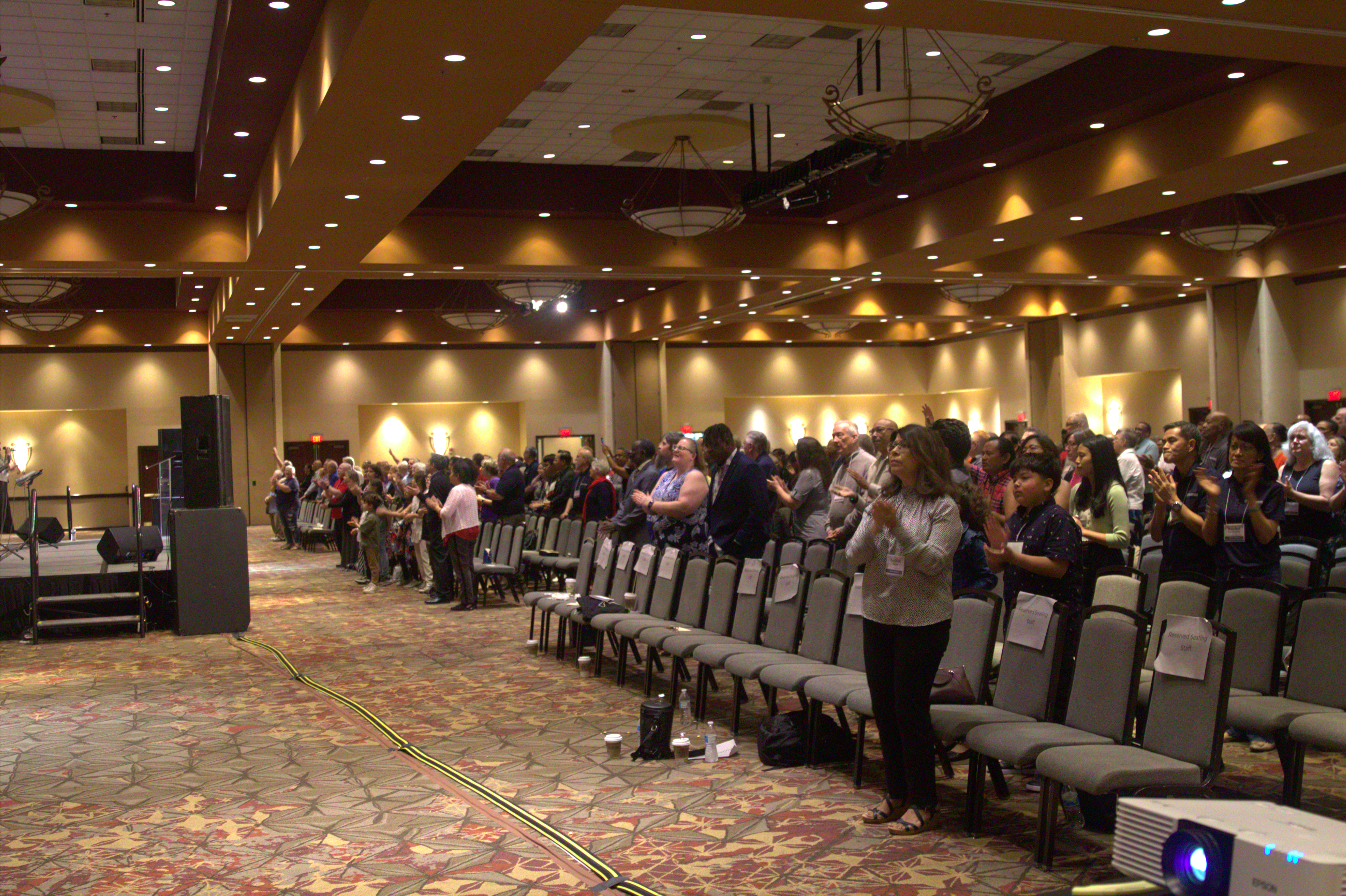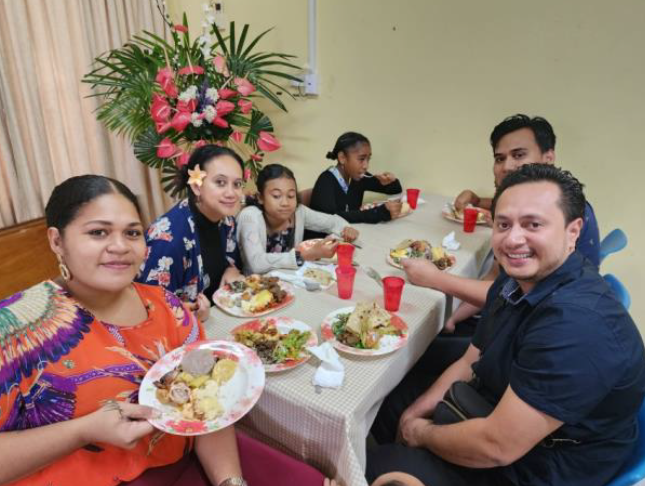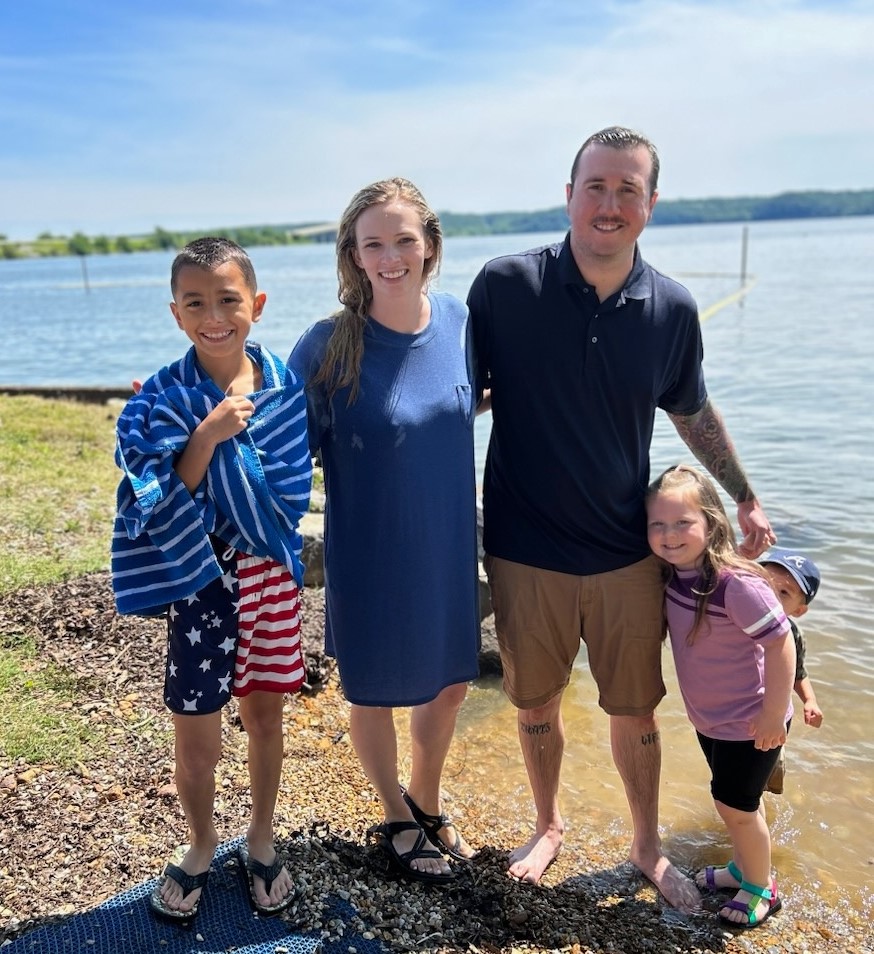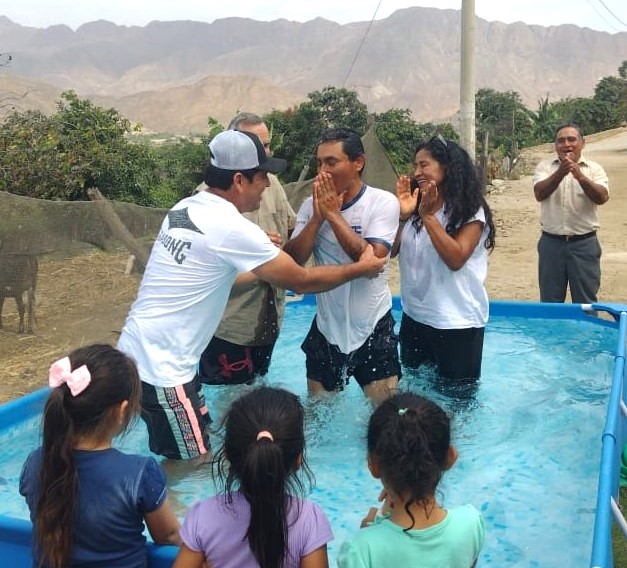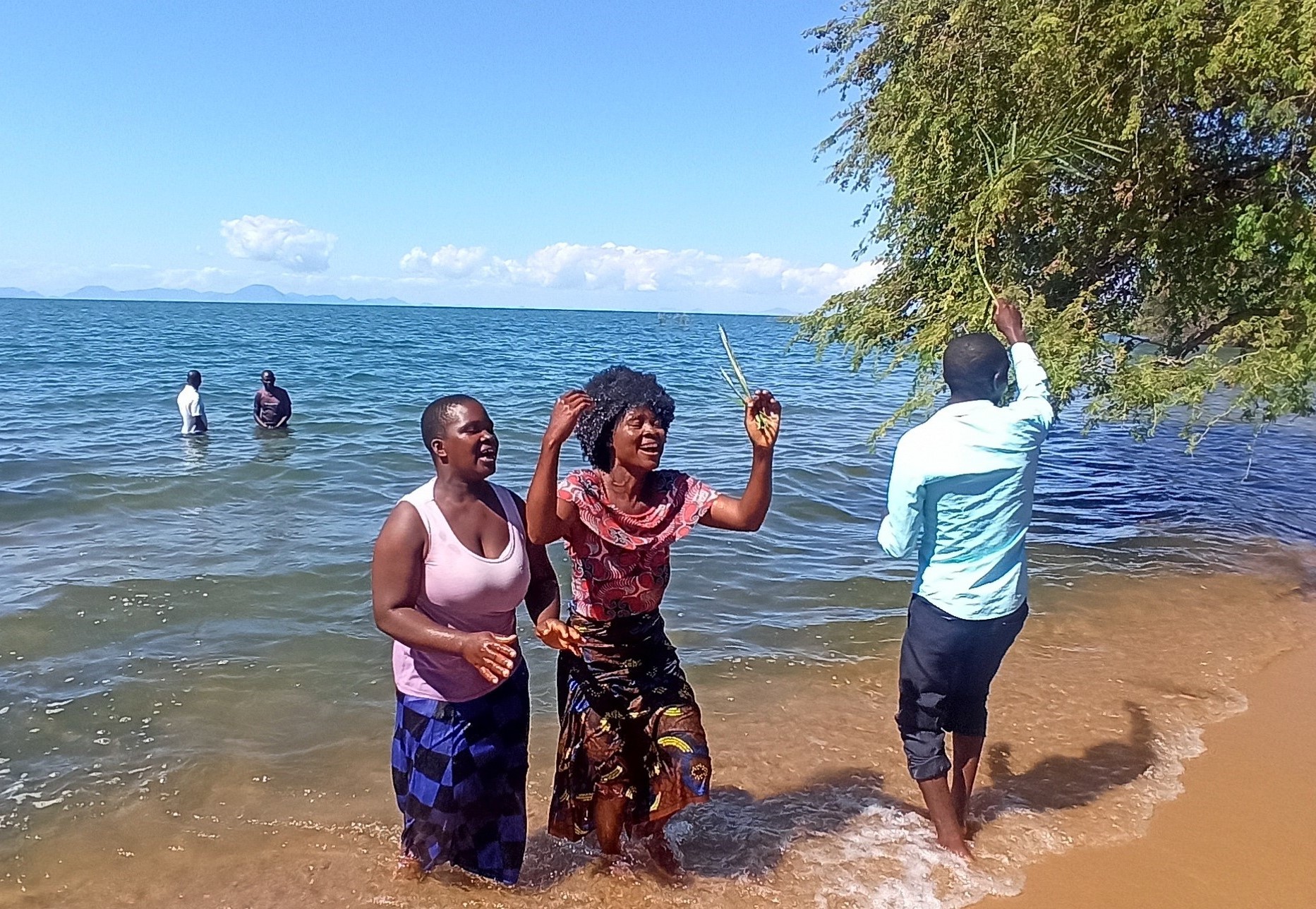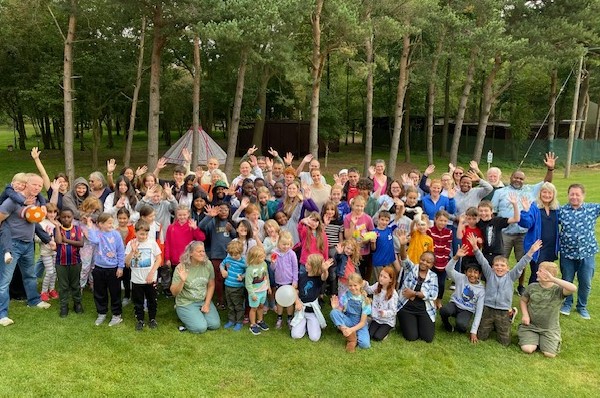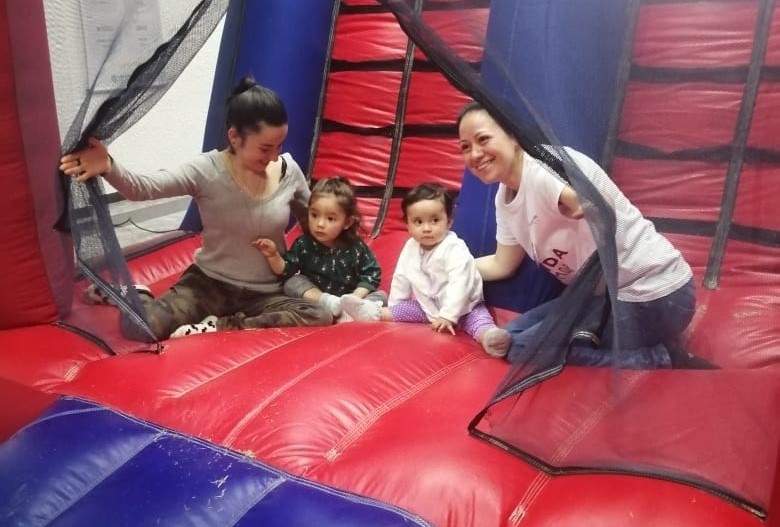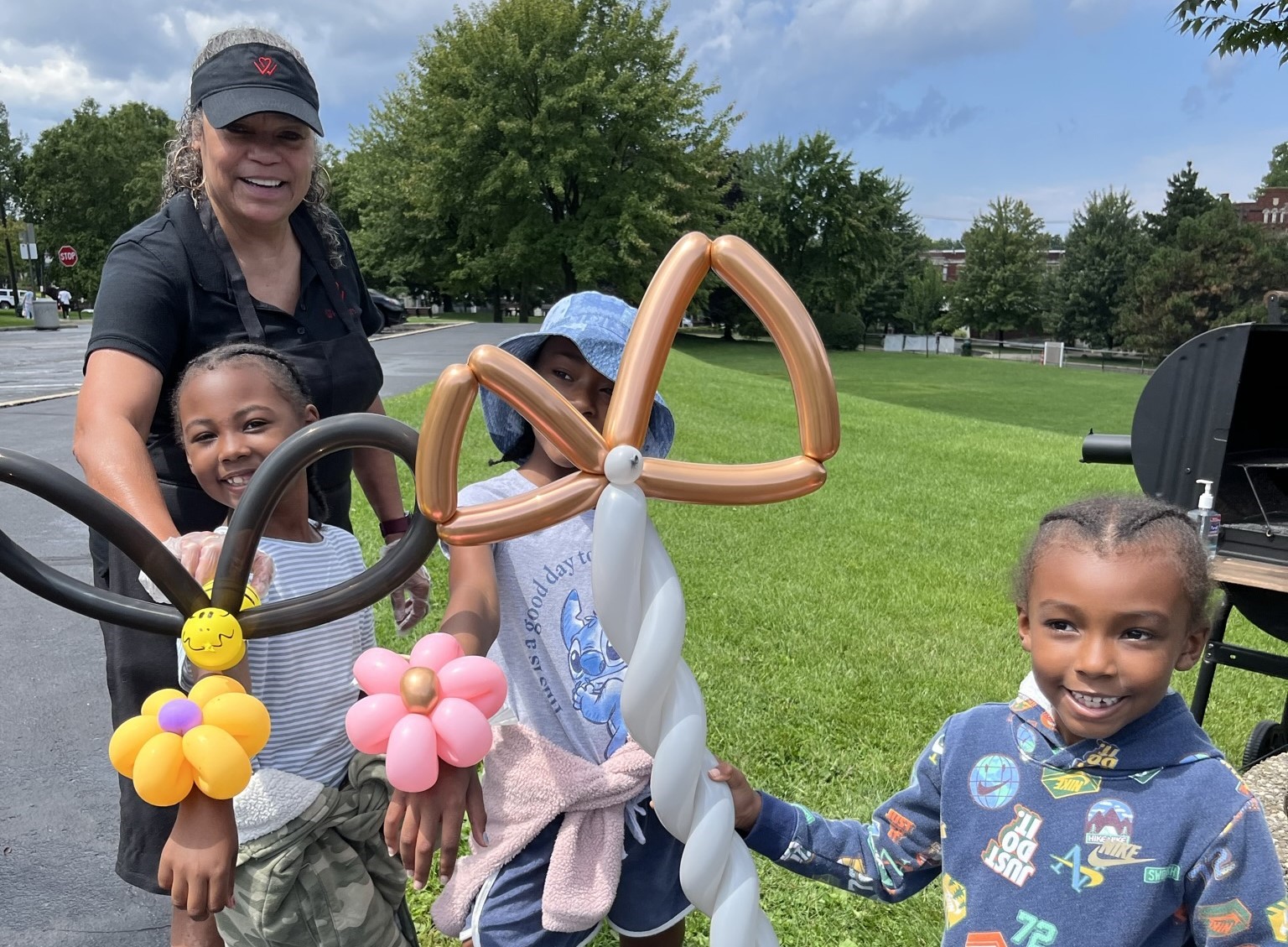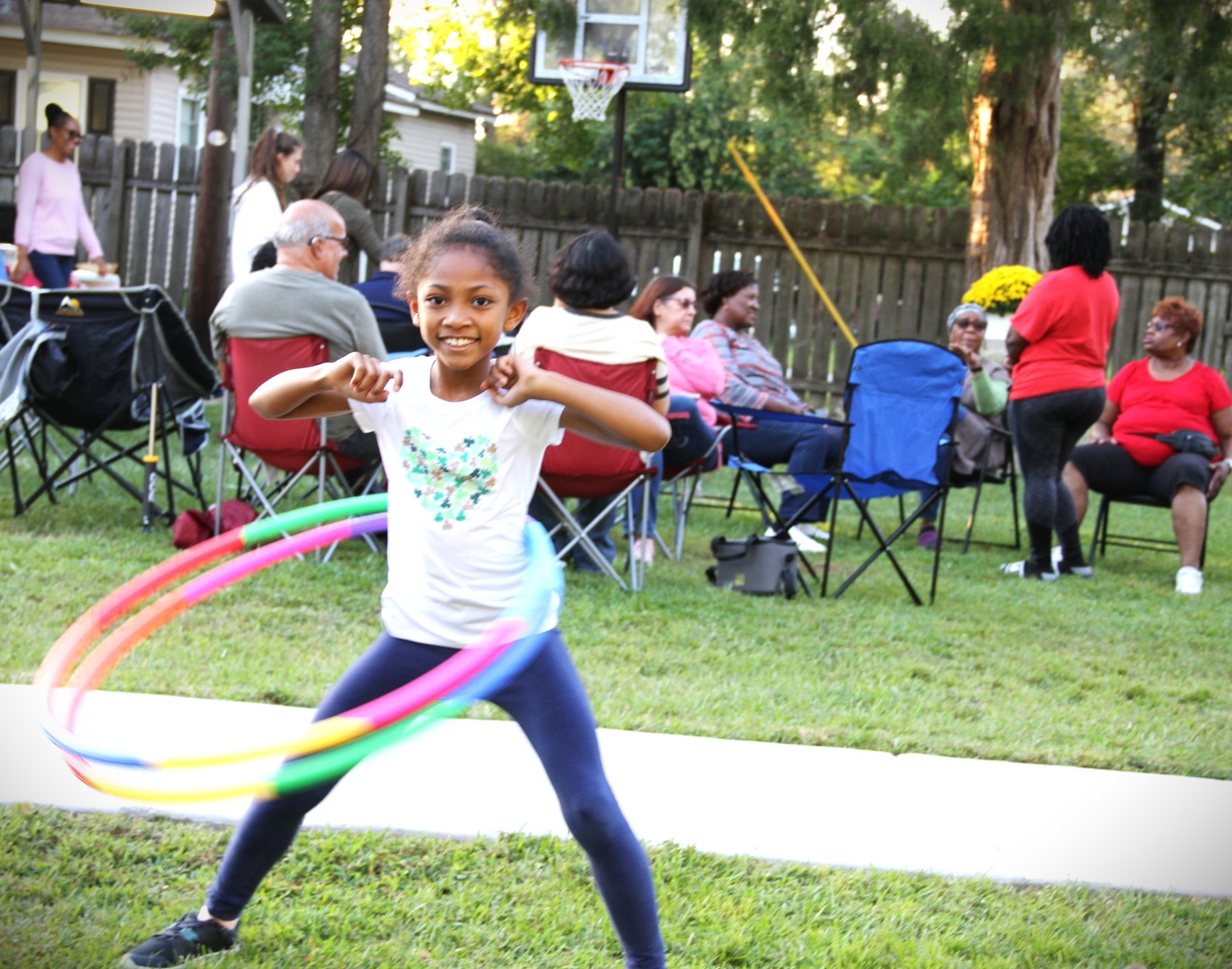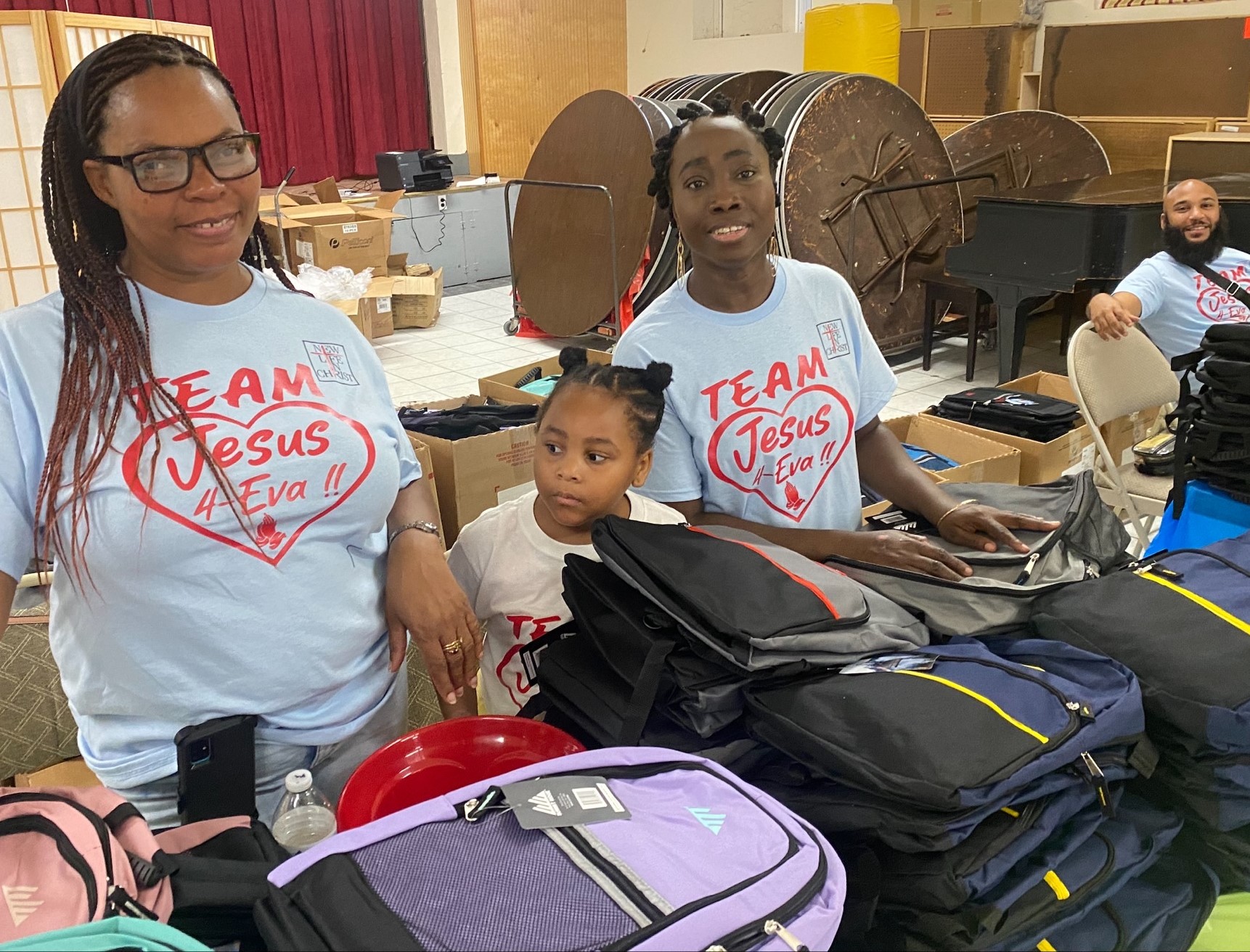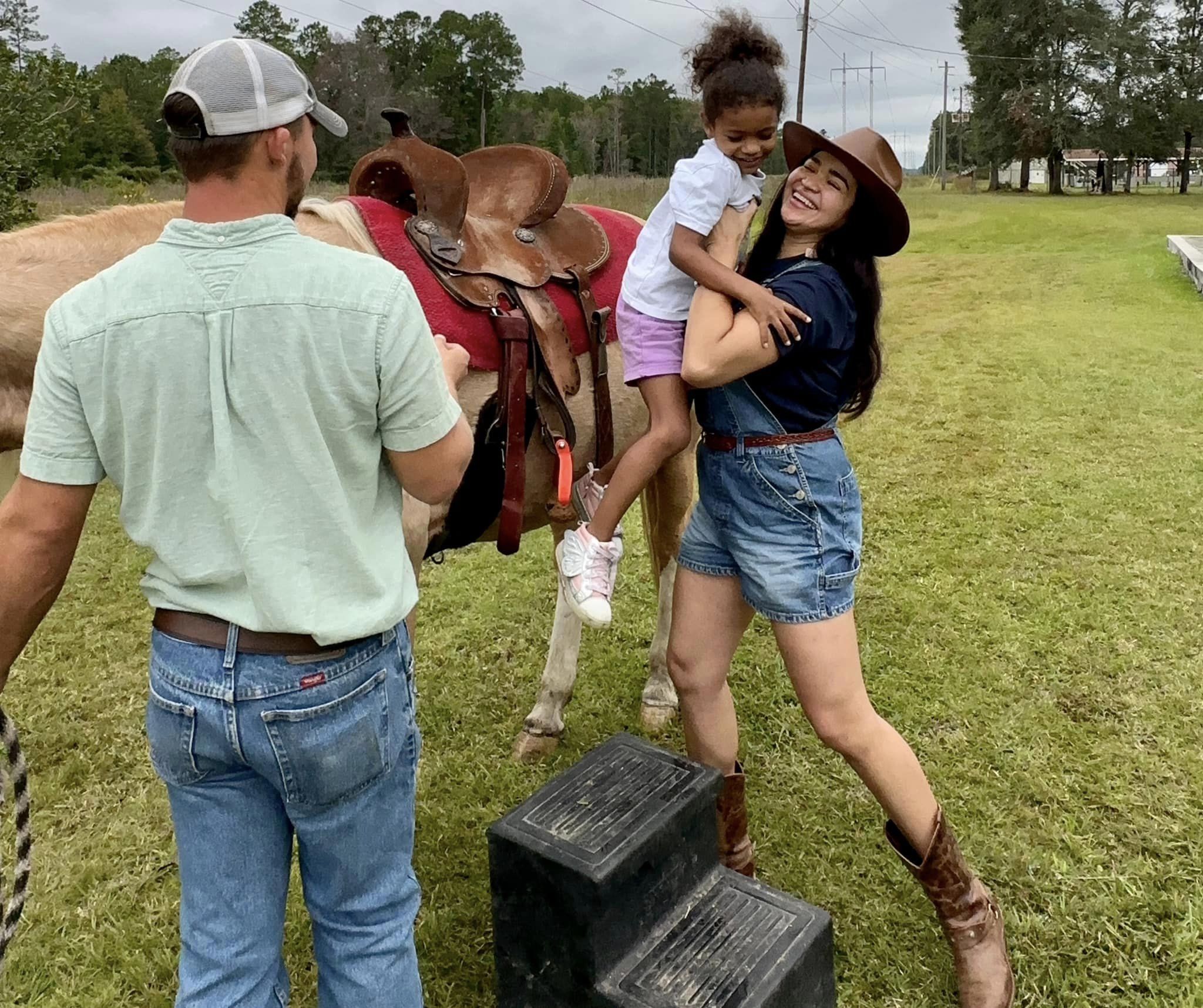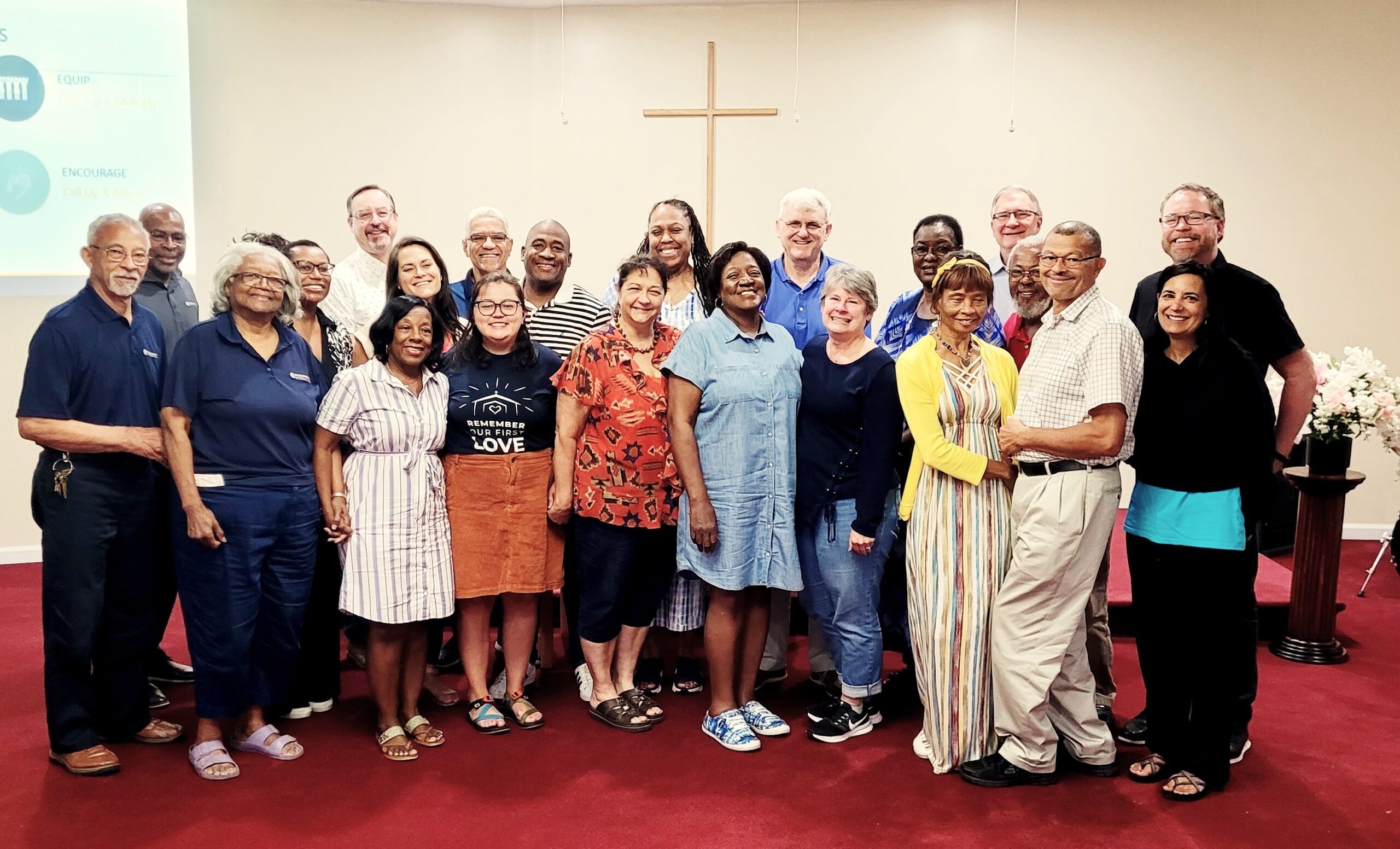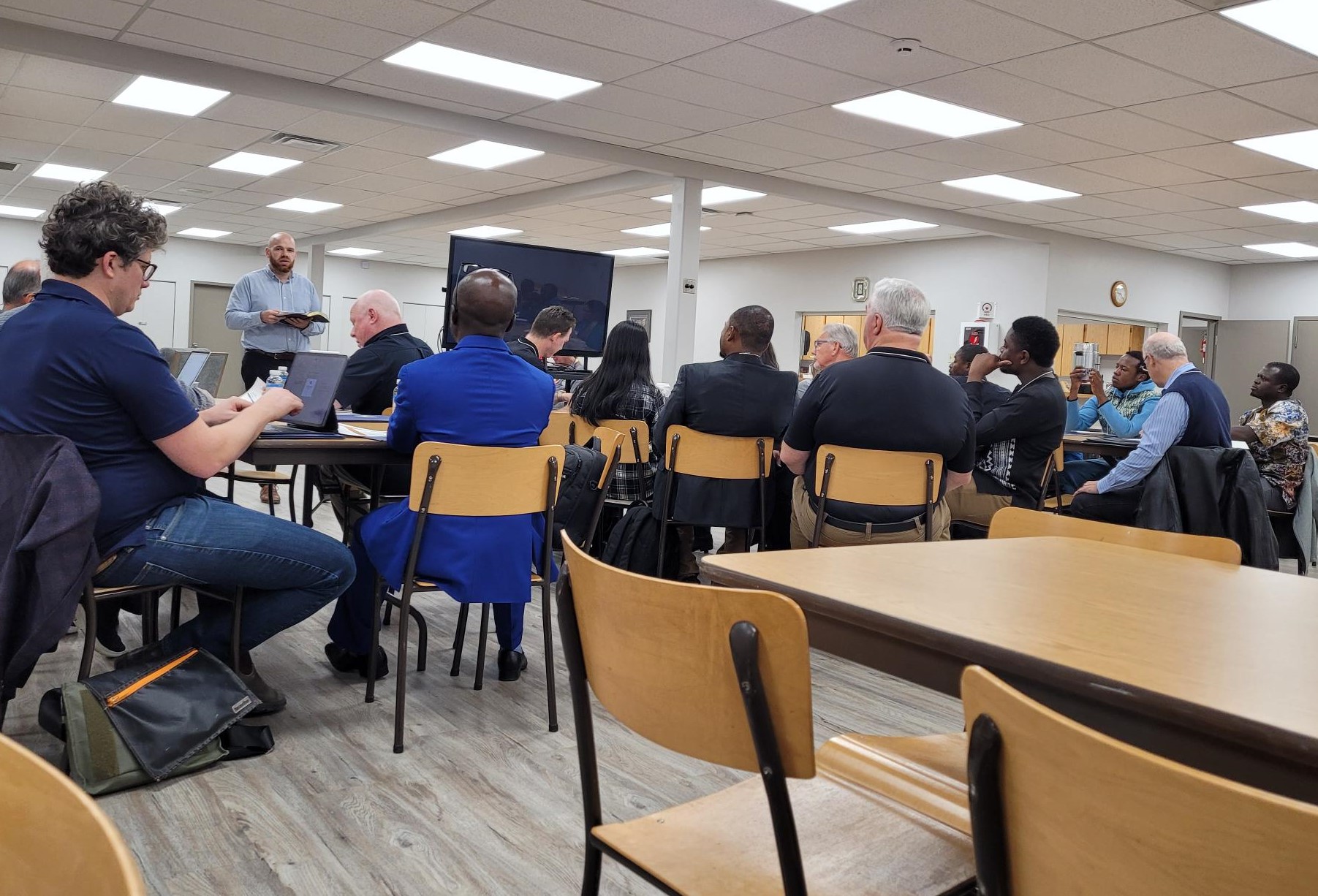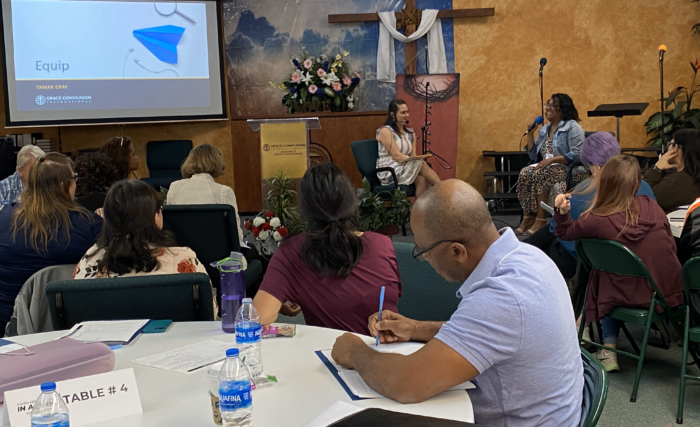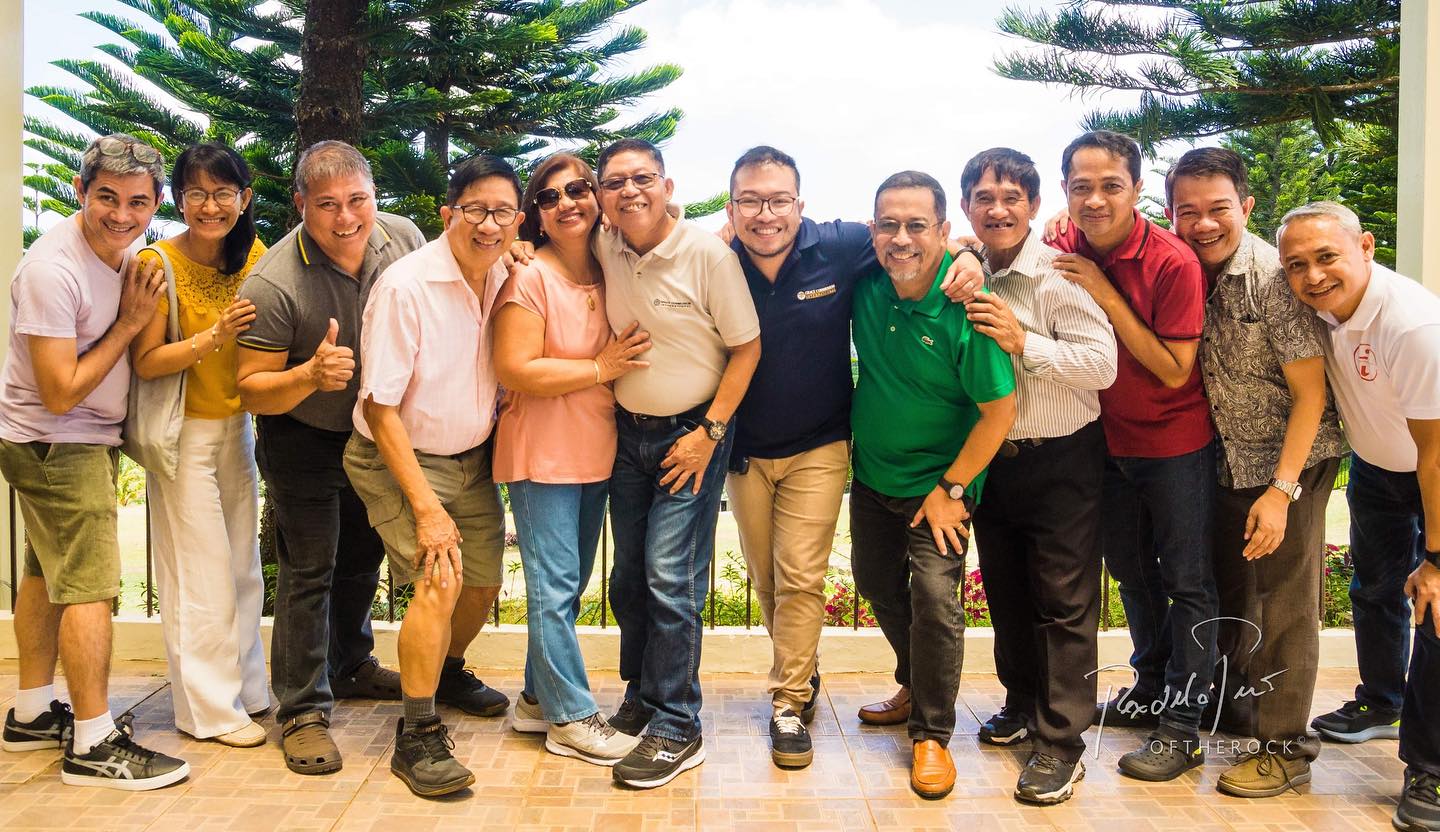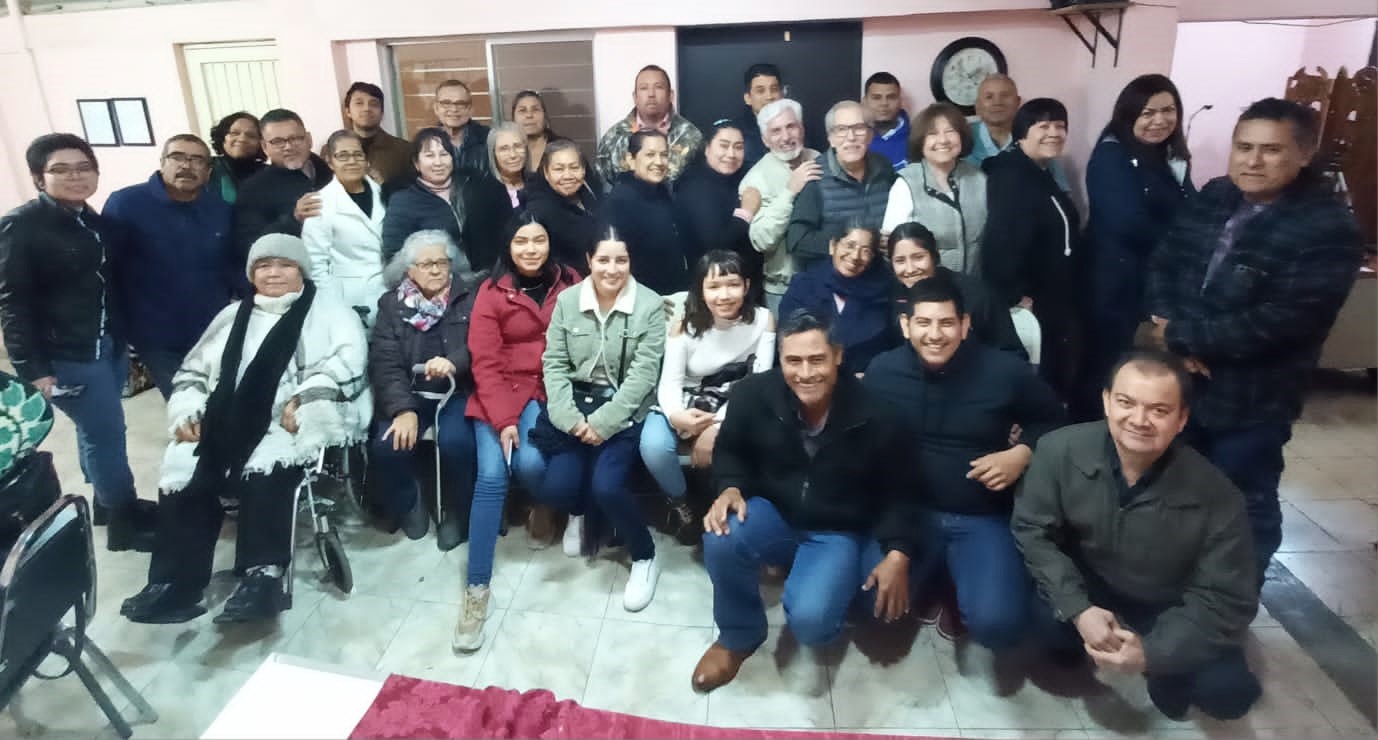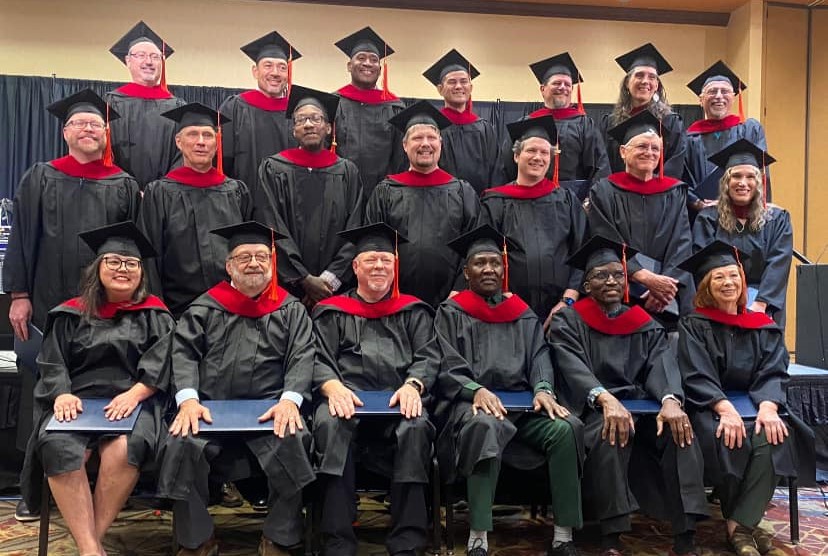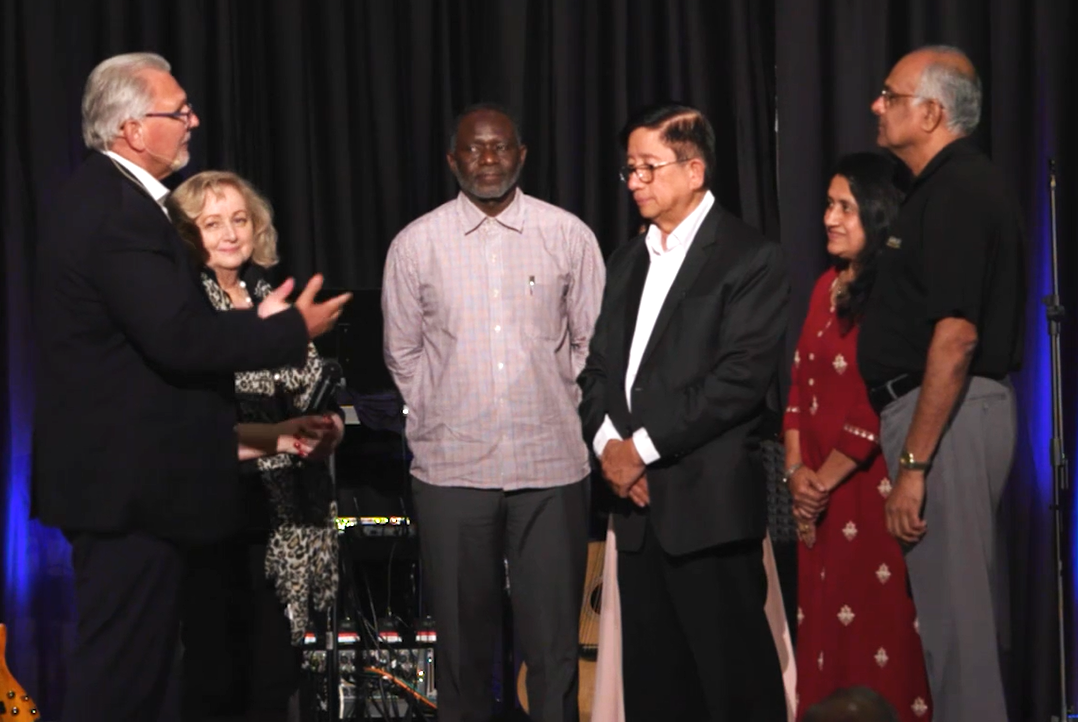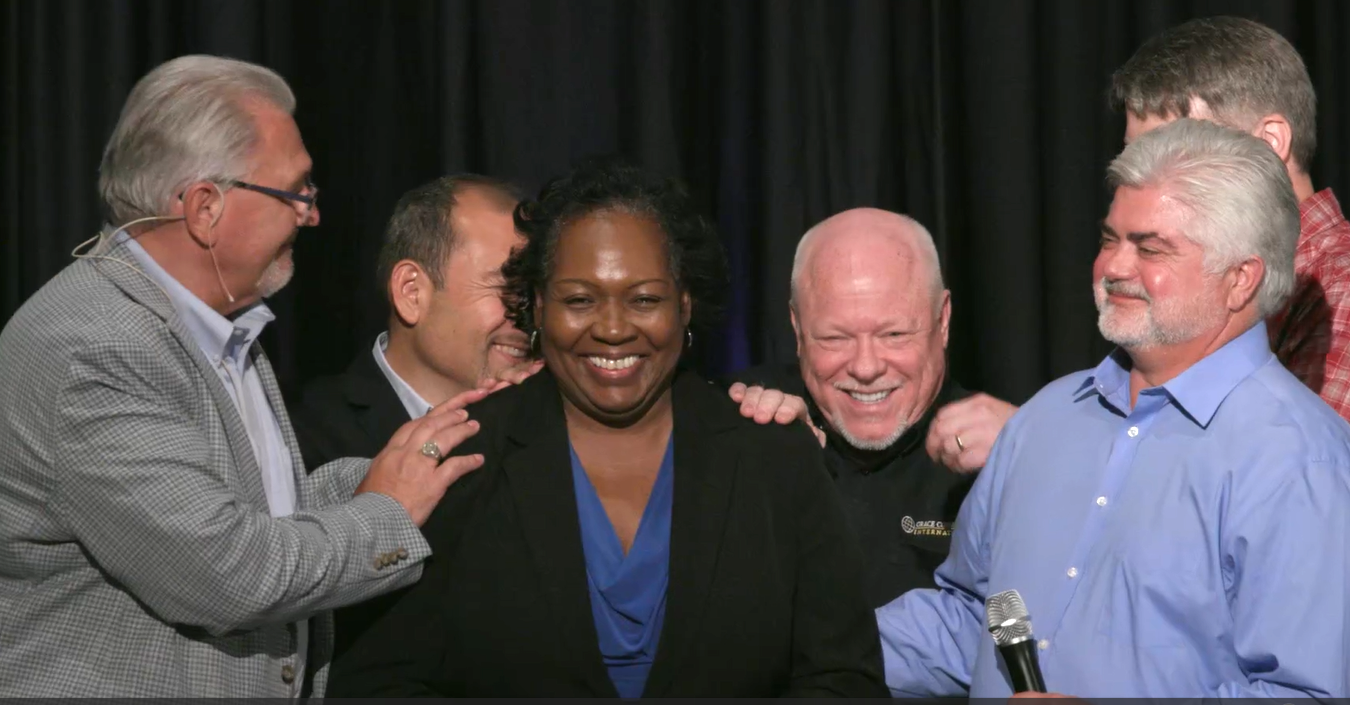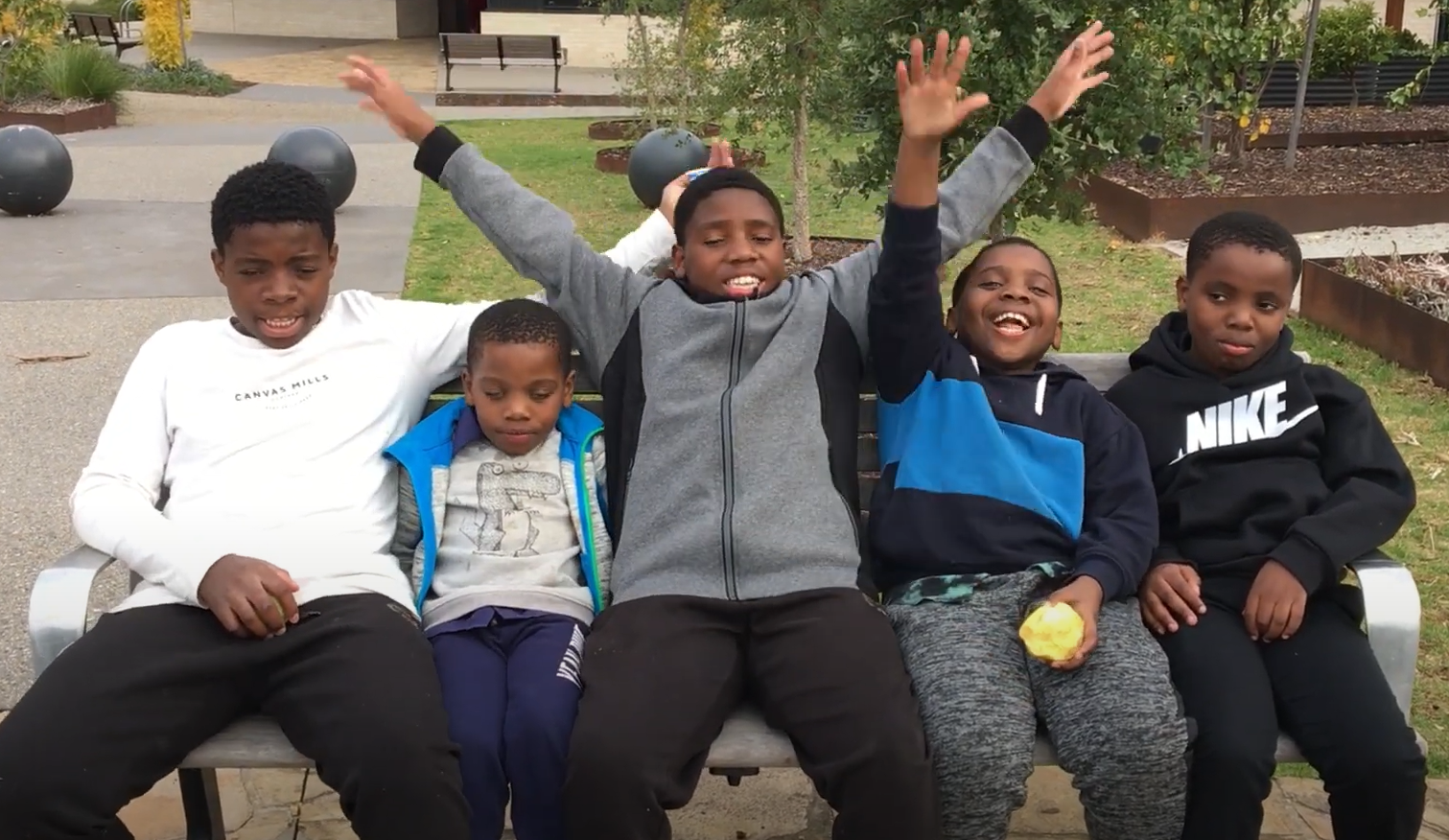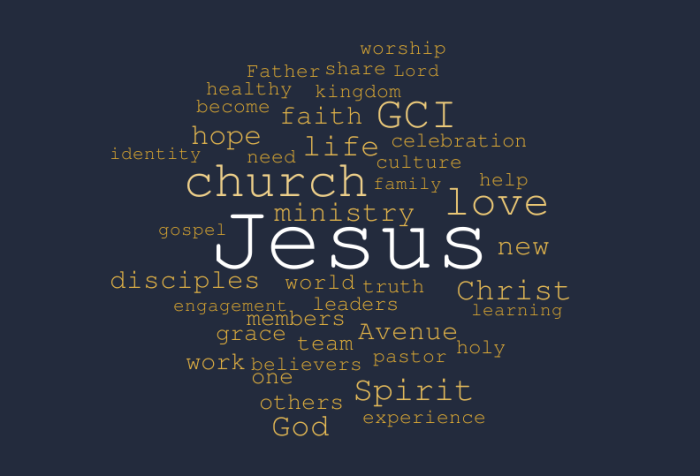This issue of Update is dedicated to reflecting on the past year. The image above is a word cloud, generated by combining all the 2023 Update letters from our president. A word cloud is a graphic that shows us which words were repeated frequently. The larger the size of the word, the more often it was used.
The words in the image reflect the most important GCI themes in 2023.
Read on to hear from Greg and look ahead to 2024.
Have a meaningful and merry Christmas,
Elizabeth Mullins
Update Editor
As we approach the end of 2023, there’s much to celebrate and be thankful for in our GCI journey! During my recent travels, I’ve been truly blessed to witness firsthand the remarkable ways the Spirit is moving in and through GCI and is moving us forward in unity.
Looking ahead to the coming year, I’m thrilled about the prospect of visiting four of our six global regions and attending regional gatherings across the United States. It’s a privilege to connect with many of you during these events, and I’m looking forward to sharing inspiring stories from across GCI through the GCI Update.
In addition to keeping you informed about GCI news, the letters, and stories you’ll find in the upcoming Update issues will center around our 2024 theme: Faith, Hope, and Love Integrated. This might sound familiar, as we’ve emphasized these values throughout this year.
Our ongoing pursuit of a Healthy Church involves a transformative journey to deepen our engagement with the neighborhoods where GCI congregations are present. We’re making progress, recognizing that becoming our healthiest expression takes time. It requires continuous learning, practice, reflection, adjustments, and execution—all guided by discernment of what is good to the Spirit and to us.
Throughout this period, our focus remains on a theological and practical orientation toward a holistic and interconnected approach to ministry. We firmly believe that this approach will help pastors and Avenue champions understand and execute the harmonious flow of ministry, reflecting the interdependent relationship of the Father, Son, and Spirit.
As always, Christ will be the only foundation we build from.
-
-
- Christ’s first love given to us—because of his love we are filled and compelled to witness.
- Christ’s faith imparted to us—because of his faith we are empowered for great commandment living and great commission sharing.
- Christ who is our source of hope—because our hope is rooted in him, we can be the church, the hope of the world.
As we look forward to the coming year, stay tuned for the development of resources and articles that align with our Faith, Hope, and Love Integrated theme. Your continued support and participation are essential as we navigate this exciting and transformative path together.
Wishing you all a joyous conclusion to 2023 and anticipating a year ahead filled with growth, connection, and shared inspiration.
With hope and appreciation,
Greg Williams
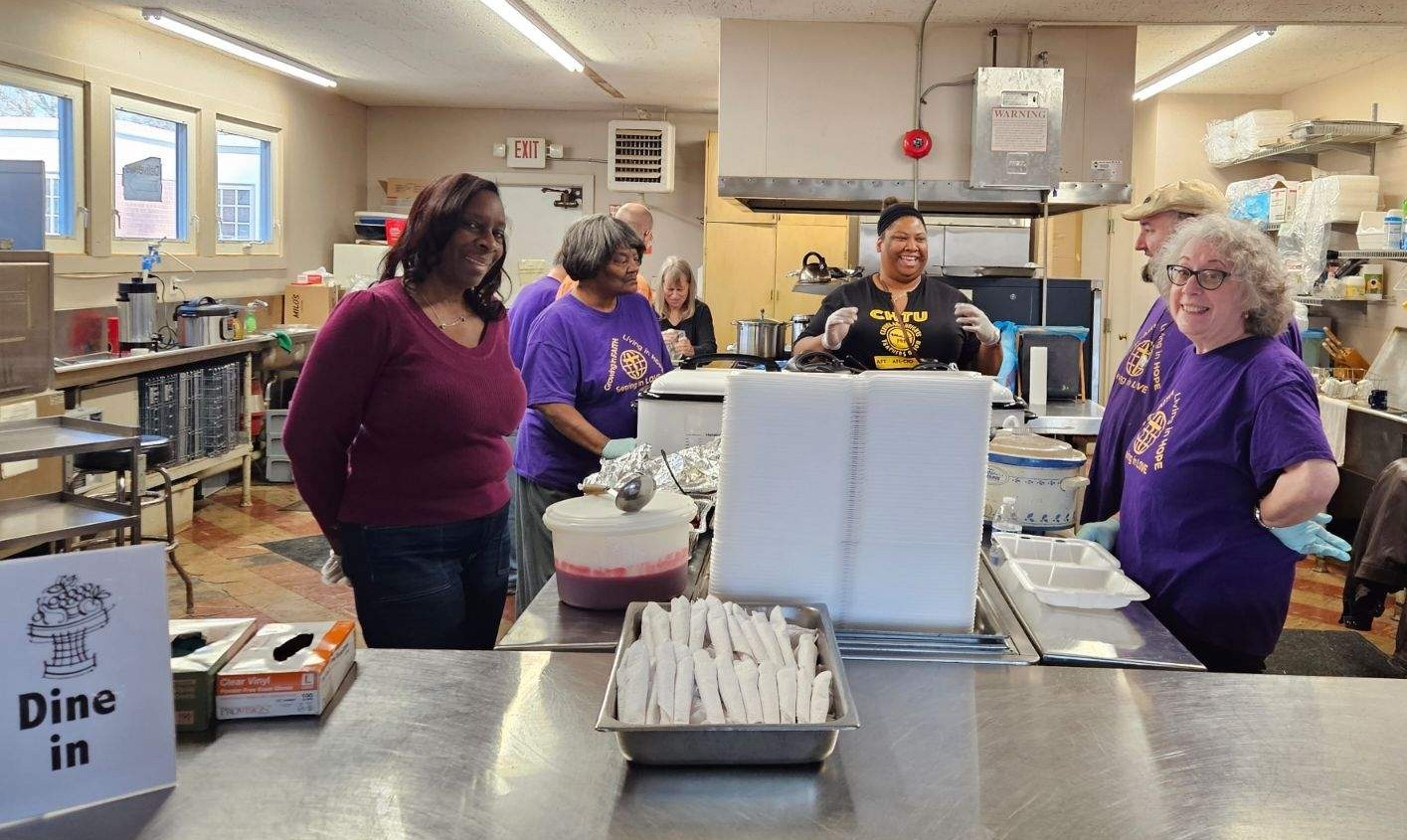 On November 19, Grace Communion Cleveland held a wonderful outreach event. We served our neighbors Thanksgiving dinner with all the traditional Thanksgiving dishes and pies.
On November 19, Grace Communion Cleveland held a wonderful outreach event. We served our neighbors Thanksgiving dinner with all the traditional Thanksgiving dishes and pies.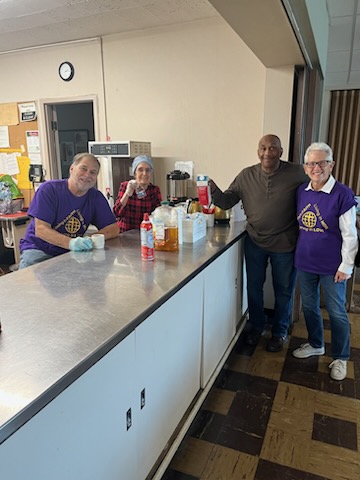 Another church in Cleveland Heights where the Center is located allowed us to borrow their commercial kitchen with an attached fellowship hall. GC Cleveland members cooked the food items at home. Then we used the commercial kitchen to keep the food warm as we distributed the meals. Although very few people stayed to dine in with us, we had many good conversations and prayer requests with our take-out clients. We also delivered nearly 30 meals to nearby apartment residents. There were lots of smiling faces that day, not only from the recipients but the servers too!
Another church in Cleveland Heights where the Center is located allowed us to borrow their commercial kitchen with an attached fellowship hall. GC Cleveland members cooked the food items at home. Then we used the commercial kitchen to keep the food warm as we distributed the meals. Although very few people stayed to dine in with us, we had many good conversations and prayer requests with our take-out clients. We also delivered nearly 30 meals to nearby apartment residents. There were lots of smiling faces that day, not only from the recipients but the servers too! By Pat Shiels, Love Avenue Champion
By Pat Shiels, Love Avenue Champion






